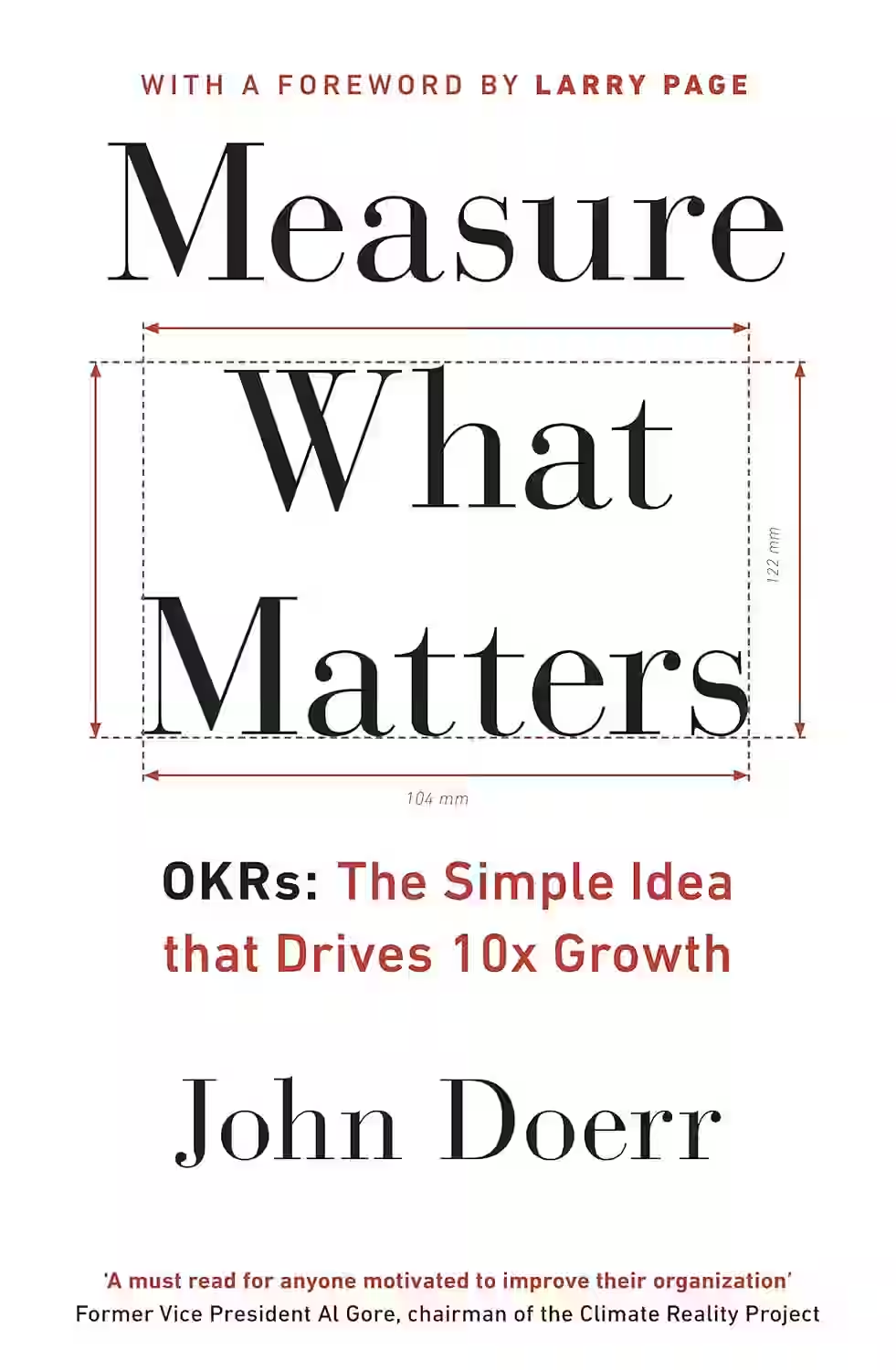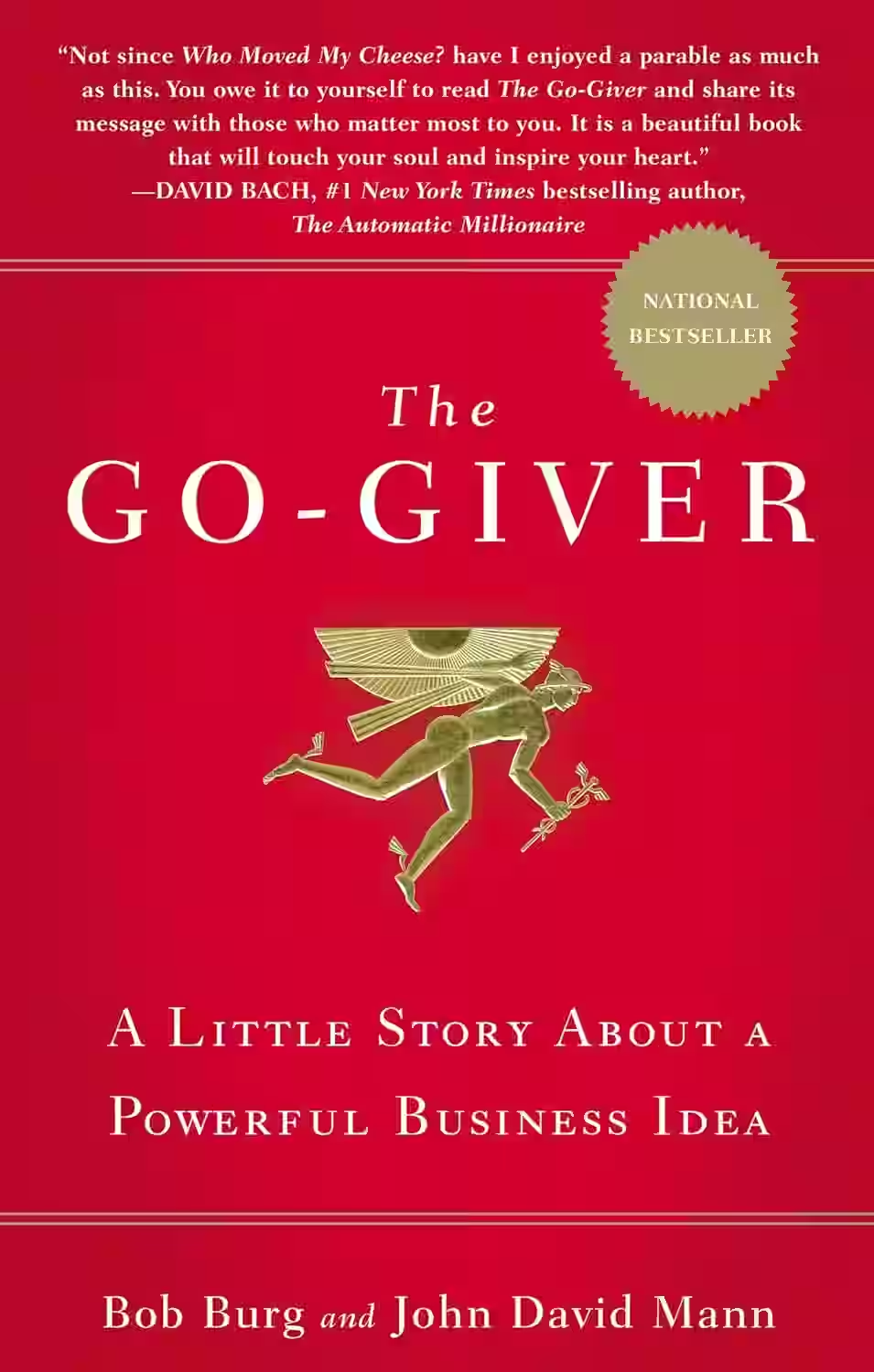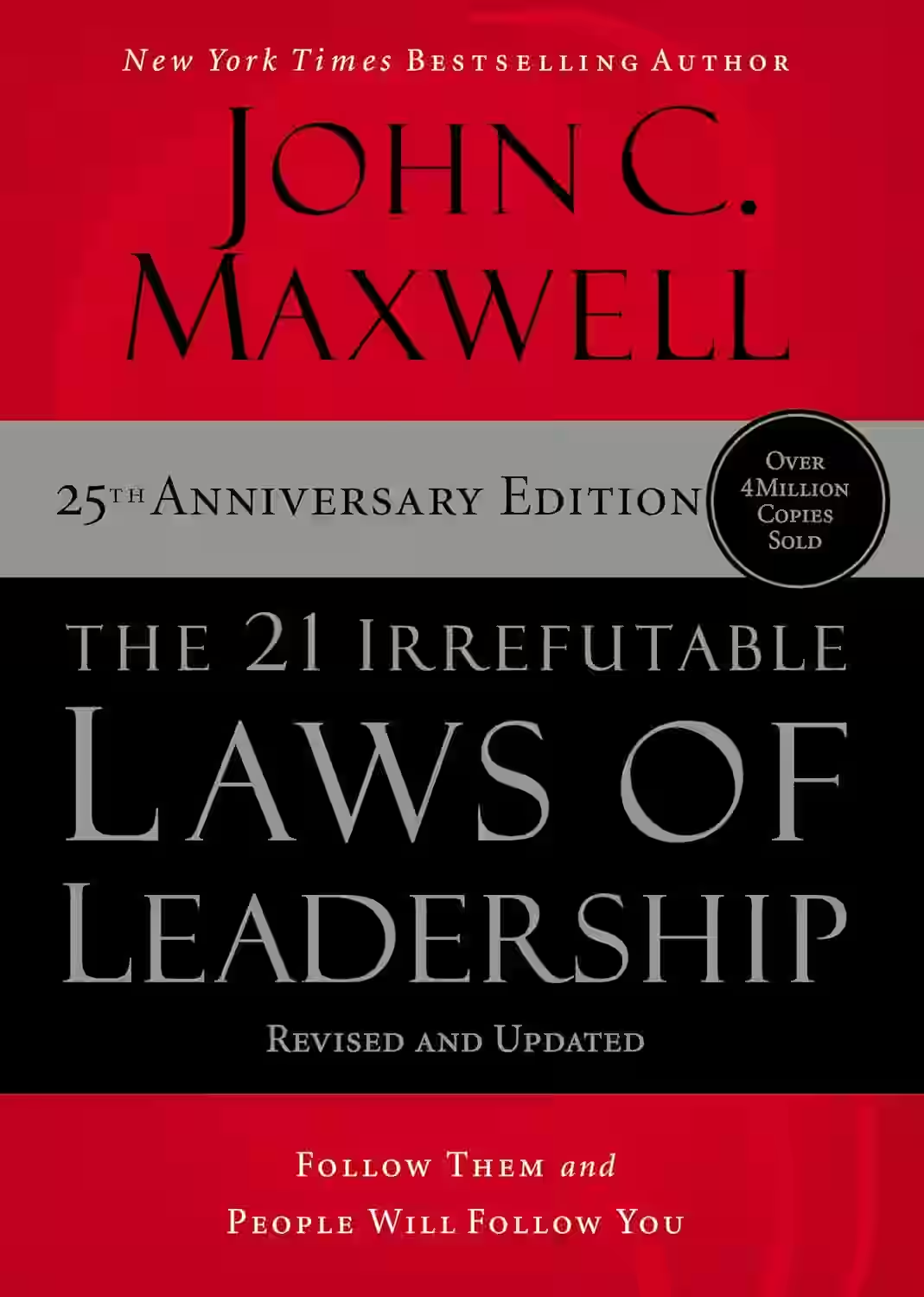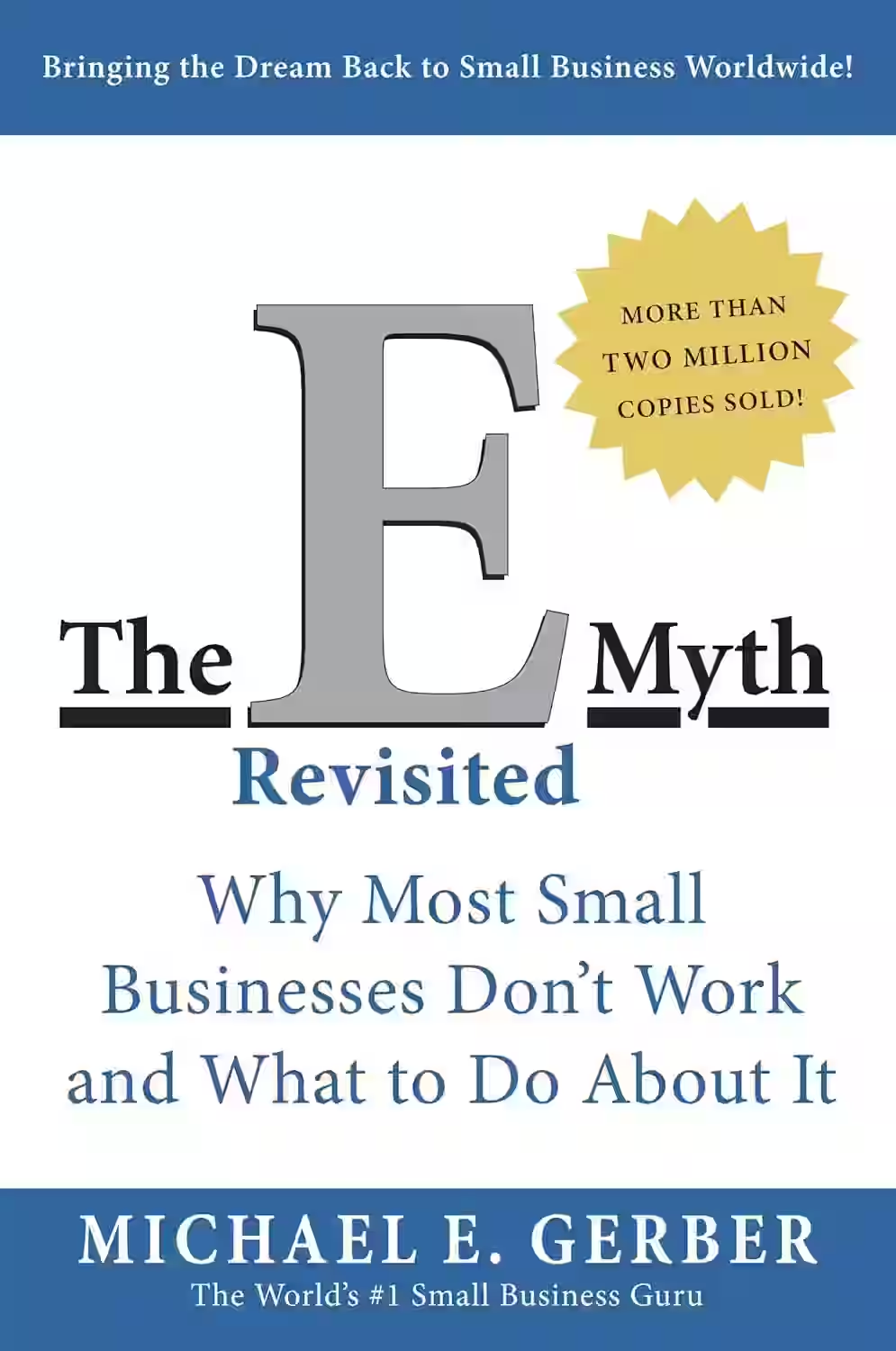
This influential business book introduces the Objectives and Key Results (OKRs) framework, a goal-setting system used by major companies like Google, Intel, and Bono’s ONE campaign. John Doerr, a legendary venture capitalist, outlines how OKRs help organizations focus effort, track progress, and foster alignment and accountability. Through detailed case studies from Google, YouTube, and the Gates Foundation, Doerr shows how this method has transformed productivity and performance. Larry Page has praised the book, saying he wished he had it at the beginning of Google’s journey. “Measure What Matters” is a practical blueprint for building goal-driven, agile organizations.
About John Doerr
John Doerr is a prominent venture capitalist and chairman of Kleiner Perkins. He is best known for backing Google, Amazon, and other tech giants early in their development. A protégé of Andy Grove at Intel, Doerr learned the OKR system there and later evangelized it across Silicon Valley. With a focus on technology and sustainability, he has championed innovation both in business and global climate efforts. His deep understanding of entrepreneurship, strategy, and execution makes him a thought leader in organizational performance. “Measure What Matters” distills decades of insight into an actionable guide for anyone seeking transformational success.
Similar Books

The Go-Giver
In 'The Go-Giver,' Bob Burg weaves a compelling narrative that challenges traditional notions of success and business. The story follows a young, ambitious professional named Joe who discovers the secrets of genuine success through the mentorship of a wise businessman named Pindar. Through a series of encounters with influential individuals who embody the five laws of stratospheric success, Joe learns valuable lessons about the power of giving, receptivity, authenticity, and more. This book is a powerful and inspiring read that explores the profound impact of putting others' interests first and fostering meaningful connections in both personal and professional endeavors.

The 21 Irrefutable Laws of Leadership
In 'The 21 Irrefutable Laws of Leadership' by John C. Maxwell, readers are taken on a transformative journey through the fundamental principles that govern effective leadership. Maxwell, a renowned leadership expert, eloquently presents 21 laws that are essential for anyone looking to enhance their leadership skills and influence. Each law is illustrated with insightful anecdotes, real-world examples, and practical tips that readers can apply in their own lives and organizations. From 'The Law of Influence' to 'The Law of Navigation,' this book offers a roadmap for aspiring and seasoned leaders alike to reach their full potential. Through engaging storytelling and expert guidance, Maxwell equips readers with the tools they need to become successful and respected leaders.

Thrive
In Thrive, Arianna Huffington redefines success beyond wealth and power, proposing a third metric rooted in well-being, wisdom, wonder, and giving. Drawing from research and her own life, she argues that burnout and stress are not badges of honor but symptoms of a misguided culture. The book explores mindfulness, sleep, gratitude, and compassion as essential to living a fulfilling life. Huffington weaves personal anecdotes with scientific insights to promote a more holistic vision of success—one that nurtures both the self and the community. Thrive serves as a call to prioritize what truly matters in a fast-paced world.

The E-Myth Revisited
The E-Myth Revisited challenges the assumption that most small businesses are started by entrepreneurs. Michael E. Gerber argues that many founders are actually “technicians” who struggle with running a business. The book offers a clear framework for building a business that can scale and function independently of the owner. Gerber emphasizes the importance of systems, standardization, and working “on” the business rather than just “in” it. Through the fictional story of a struggling bakery owner, he illustrates common pitfalls and provides actionable solutions. This book is a foundational read for anyone seeking to grow a sustainable, replicable business.